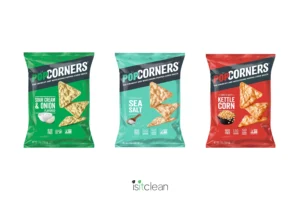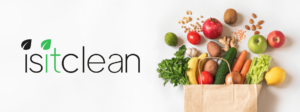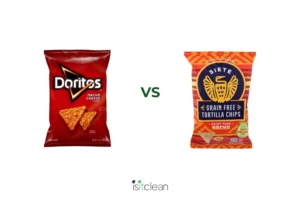
Acesulfame potassium is a zero-calorie sweetener that is added to many sugar-free…



Thiamine hydrochloride, also known as vitamin B1 hydrochloride, is a water-soluble vitamin that plays a crucial role in energy metabolism. It is an essential nutrient for the human body, aiding in the conversion of carbohydrates into energy and supporting the proper functioning of the nervous system. Thiamine hydrochloride is synthetically produced through a process that involves the combination of thiazole and pyrimidine, resulting in the formation of thiamine. It is added to foods to fortify their nutritional content and is commonly found in supplements.

Thiamine hydrochloride is very bioavailable and effective in increasing vitamin B1 status. It is not a naturally occurring form, however, it is not associated with any risks. Research on long-term consumption in humans is needed.
Health is like a bank account, certain ingredients make a deposit into your health bank, meaning they add to
your health. Certain ingredients withdraw from your health bank. We want health promoting ingredients in our diet. To keep things simple, we rate ingredients on a green, yellow, red scale:

It is naturally occurring in food and has no harmful effects on the body. It is real food. It is health promoting.

It goes into one or more of the below categories

It is known to have a harmful effect on the body (ex. All food colorings, Natural Flavors, MSG, Potassium bromate, aspartame, artificial flavors)



The Food Showdown: Popcorners flavors
Ingredient Rating: Canola oil – is it bad for you?
Clean Consuming: Nourishment for your

We have accomplished so much in just 1 year since our launch in March of 2023! We now have 10,000

The Nacho Chip Food Showdown, is Tapioca Starch safe in food? and a must-see documentary on America’s food system.
Stay in the know with the latest ratings, articles, and our newsletter, The Dirt.